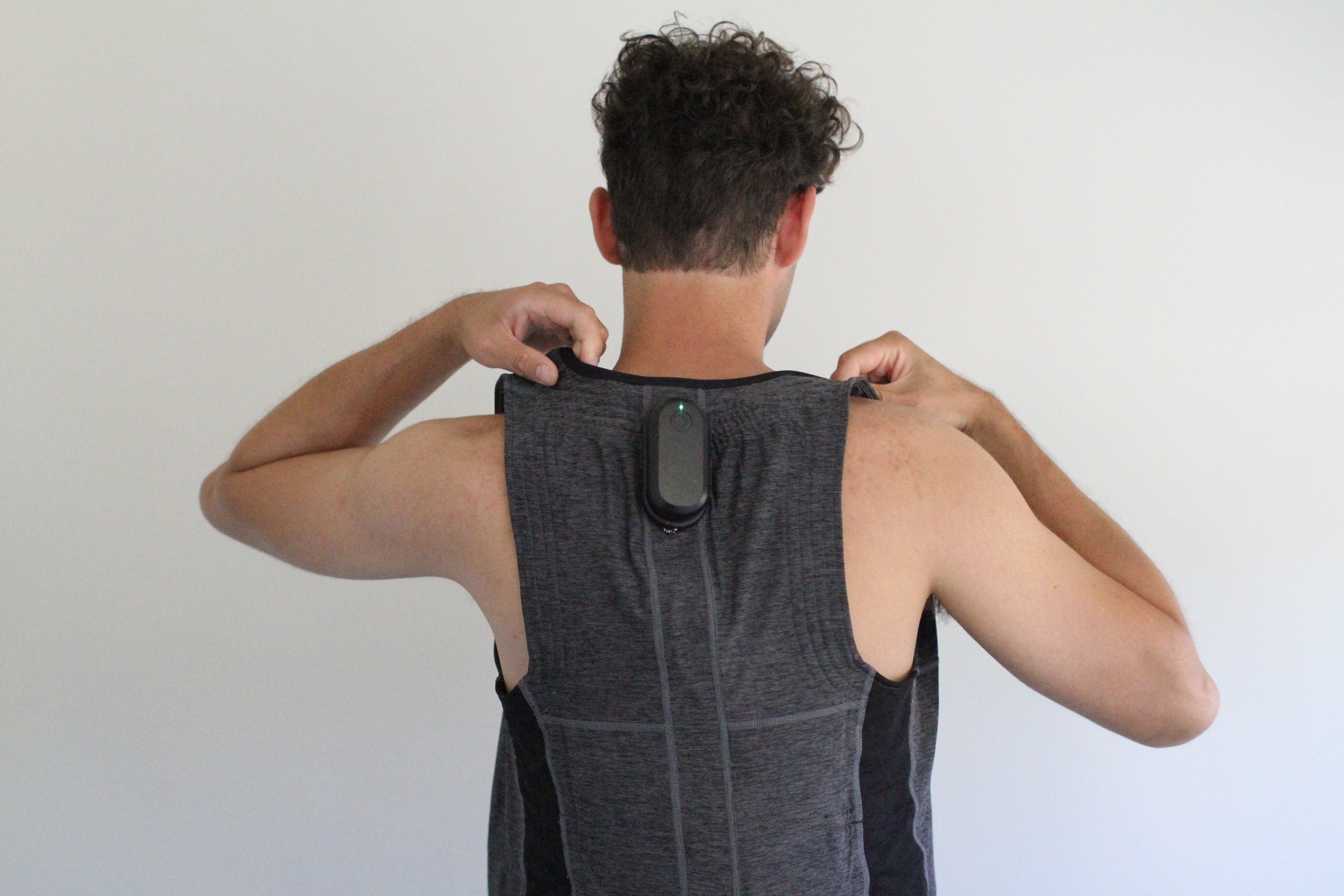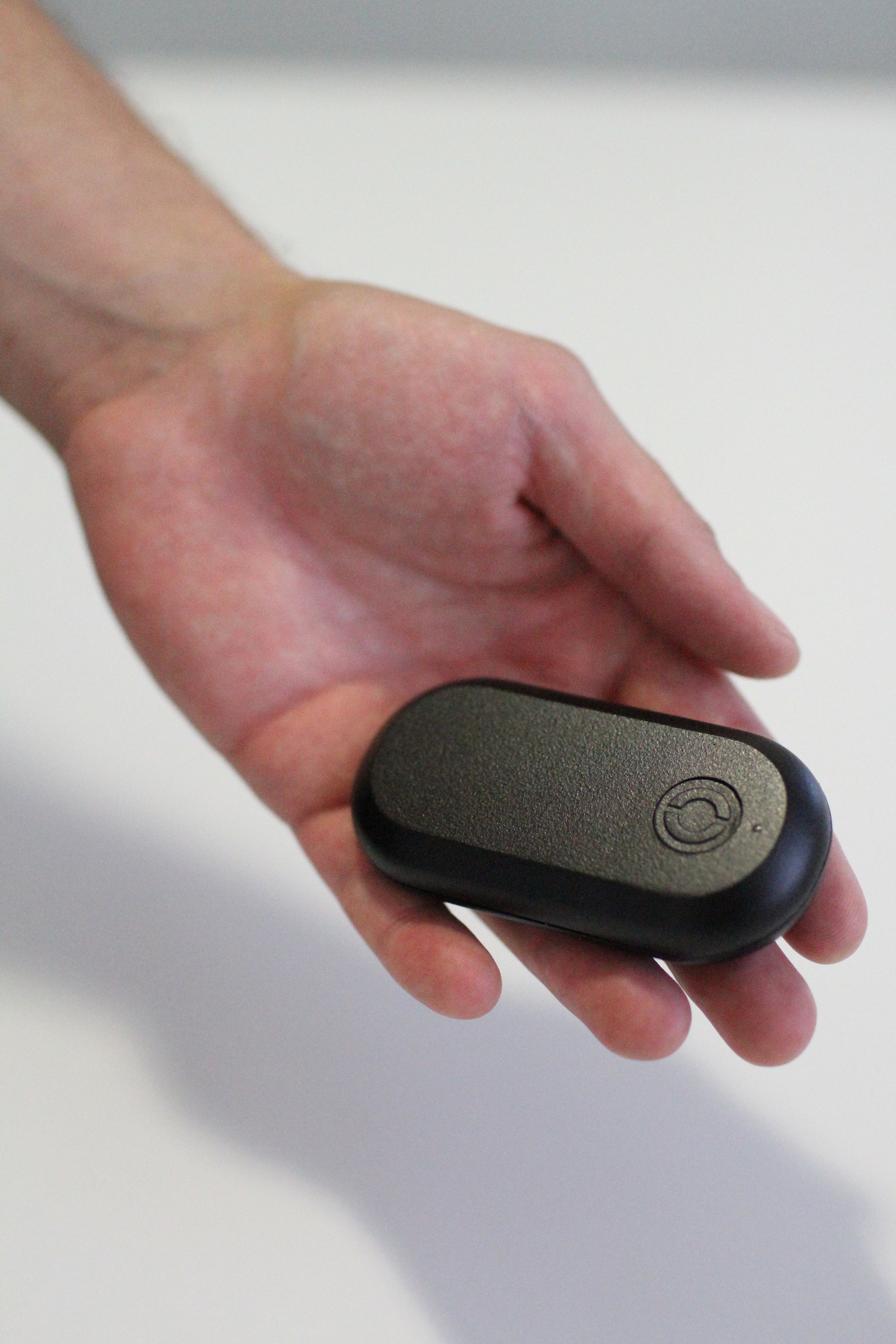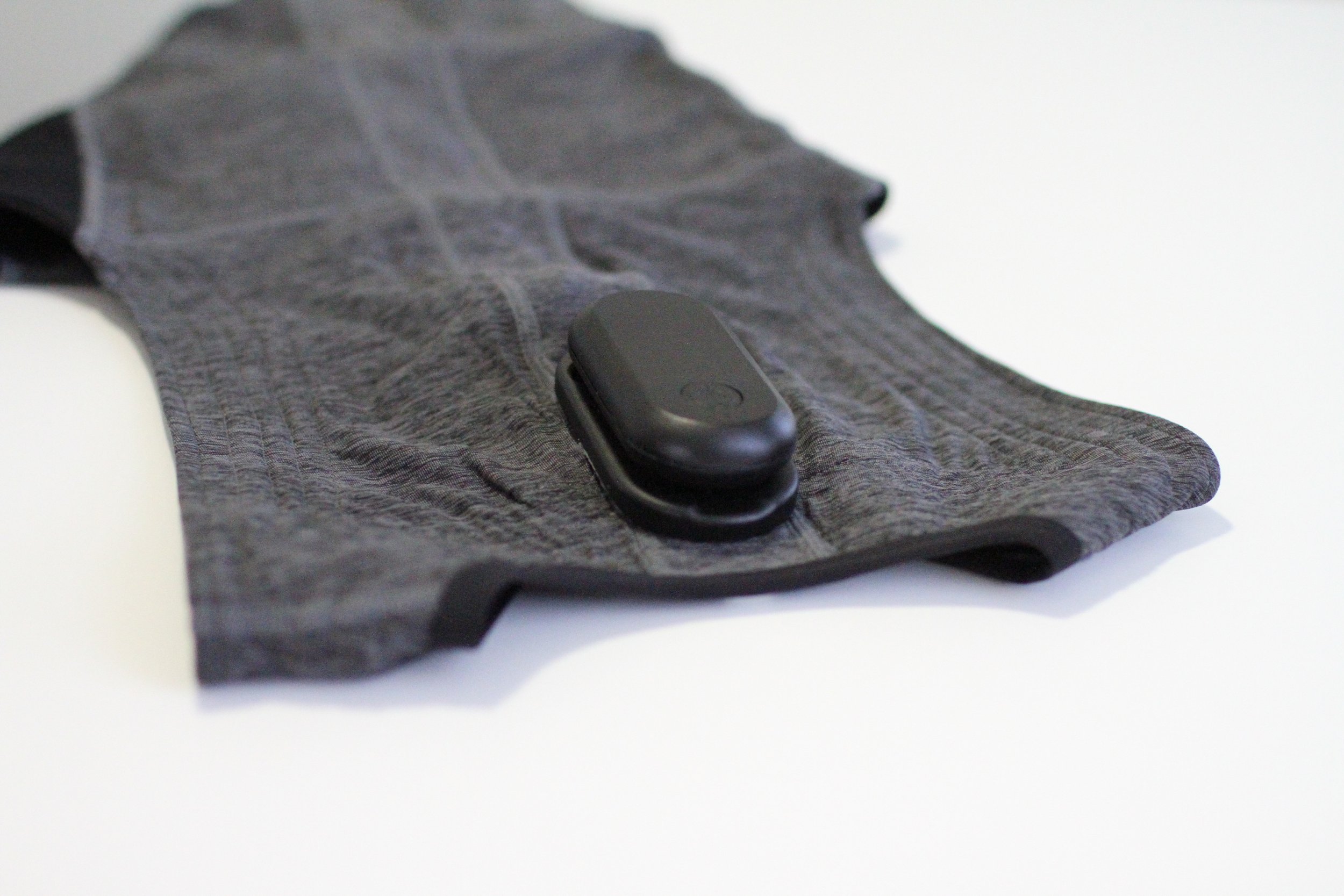Enhancing Workforce Well-being: Combating Musculoskeletal Disorders in the Automotive Industry
If you work in the car manufacturing industry, you understand the physical demands and repetitive tasks involved in building vehicles. Unfortunately, these tasks can take a toll on your body and increase the risk of musculoskeletal disorders (MSDs).
What are musculoskeletal disorders?
MSDs are injuries and disorders that affect the musculoskeletal system, including the muscles, tendons, ligaments, nerves, and bones. In the car manufacturing industry, workers often experience back pain and arm pain due to the repetitive motions, prolonged periods of standing, heavy lifting, and awkward postures involved in assembling vehicles.
Why pay attention to MSD?
Back pain is a common musculoskeletal disorder among car manufacturing workers. The constant bending, twisting, and lifting required for tasks such as installing components or operating machinery can strain the muscles and ligaments of the back, leading to pain and discomfort. Similarly, repetitive arm movements, such as repetitive gripping or overhead work, can contribute to arm pain and related conditions.
The impact of MSDs on automotive industry workers is significant. Workers may experience chronic pain, reduced range of motion, fatigue, and overall discomfort. These conditions can significantly affect their well-being, leading to decreased job satisfaction and reduced quality of life. MSDs can also impede their ability to perform tasks efficiently and comfortably, resulting in decreased productivity and potential work-related absenteeism.
MSDs do not only affect workers but also have implications for companies. Your company may experience increased healthcare costs due to medical treatments, rehabilitation, and lost productivity. MSD-related absenteeism and reduced work performance can disrupt production schedules, affecting overall efficiency and potentially leading to increased operational costs. Moreover, companies may face additional expenses related to workers' compensation claims and potential legal implications.
The good news is that the pain and MSD-related issues can be avoided.
MLI(R) Solution is helping prevent MSD
At PRECURE, we are aware of these issues, and so we developed a data-based wearable device, which monitors muscle strains and back movement. This tool can help you and your employees identify factors, which are causing the pain in the back during their work. Optimize the working tasks, behavior, or equipment to reduce the strain on the muscles, ultimately prevent injuries.
Our newest addition to PRECURE product family, MLI(R) Back, is easy to use, comfortable to wear, and provides an efficient way of mapping the risk of back injuries. Moreover, MLI(R) Back gives the users control over their pains. Through feedback, which is based on the data from work activities, the users can adjust their behavior to reduce the strain on muscles, which over time results in the elimination of the pain.
The recent measurements, which were done 6 months after the intervention in the manufacturing company showed following:
No new strain incidents in the arms
60% of the injured improved their situation
Pain levels dropped by 40% in general





